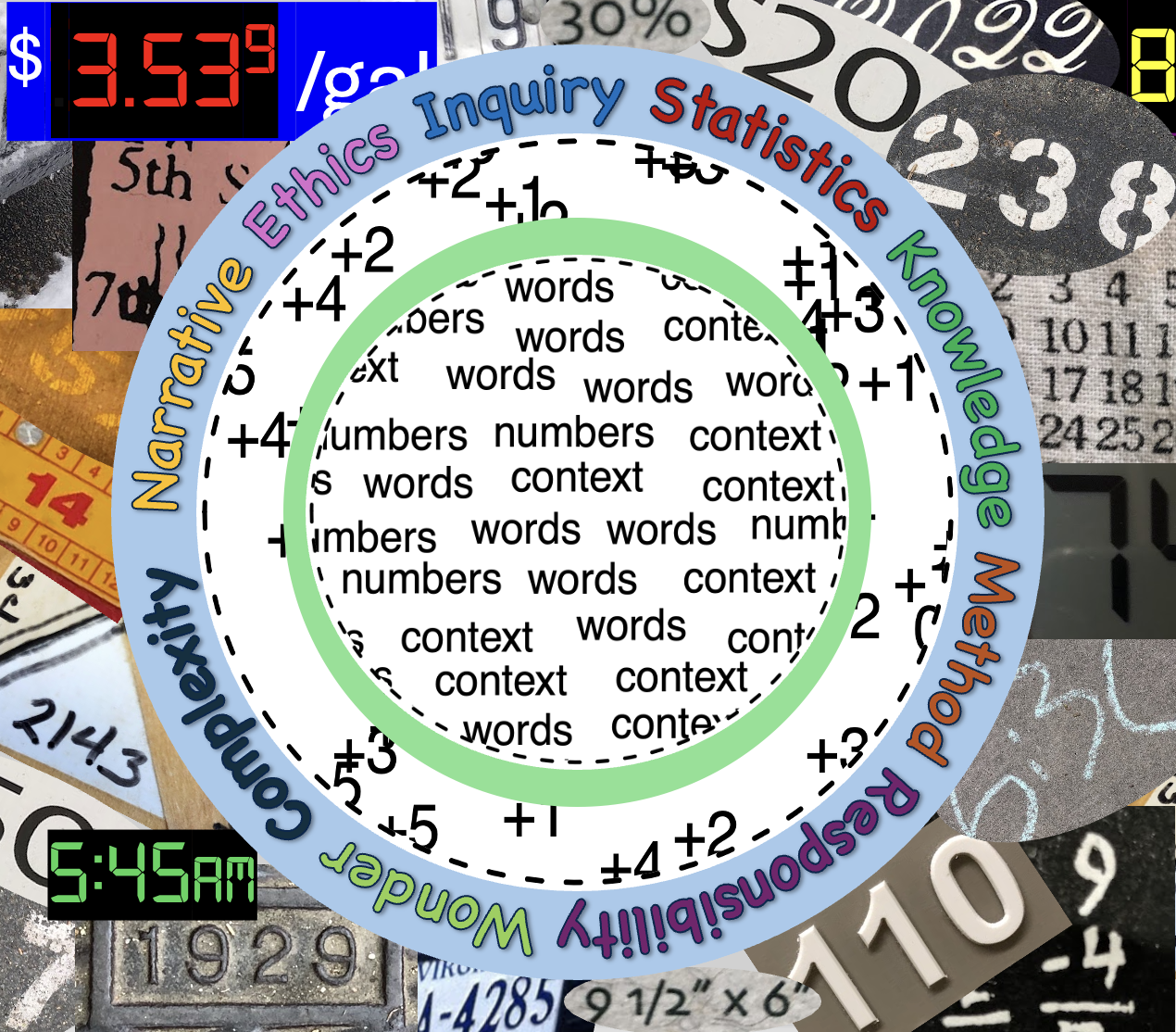
Instructor:
This course guides students to engage with empiricism from a place of creativity, curiosity, and ethical priority. It exposes students to multiple
dimensions of empiricism, covering both the benefits and harms of its associated perspectives and accompanying methodologies. In doing so,
it brings to the fore a contextualized and worldly understanding of empiricism. The course looks critically at modes of inquiry that are anchored
in the triad of scientific experimentation, numerical measurement, and statistical analysis, subsequently opening a path to exploring the
intersections of statistical practice with ways of knowing that emphasize the social context of inquiry, and that define objectives from ethical
rather than scientific criteria. Students are exposed to methods of empirical inquiry beyond the quantitative, including qualitative methodologies,
transformative and emancipatory practices, arts-based inquiry, community-based practices, and to accompanying challenges that arise in multimethodological research teams. Numbers are not as simple as empiricism promises them to be. This course aims to bring out their inherent
multidimensionality and complexity.
